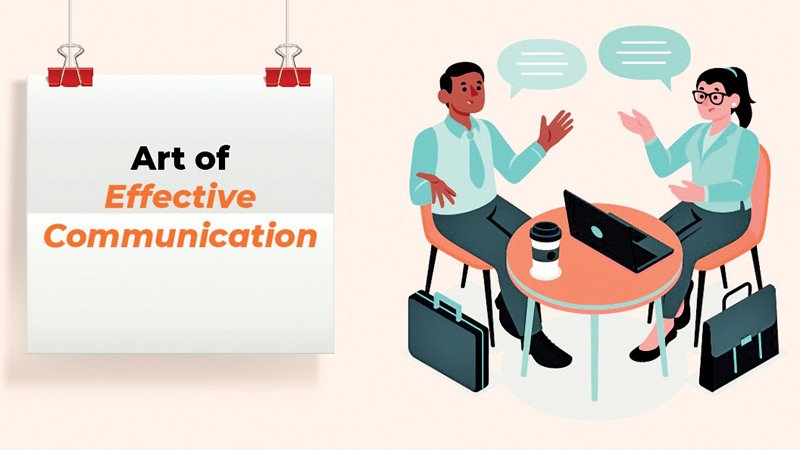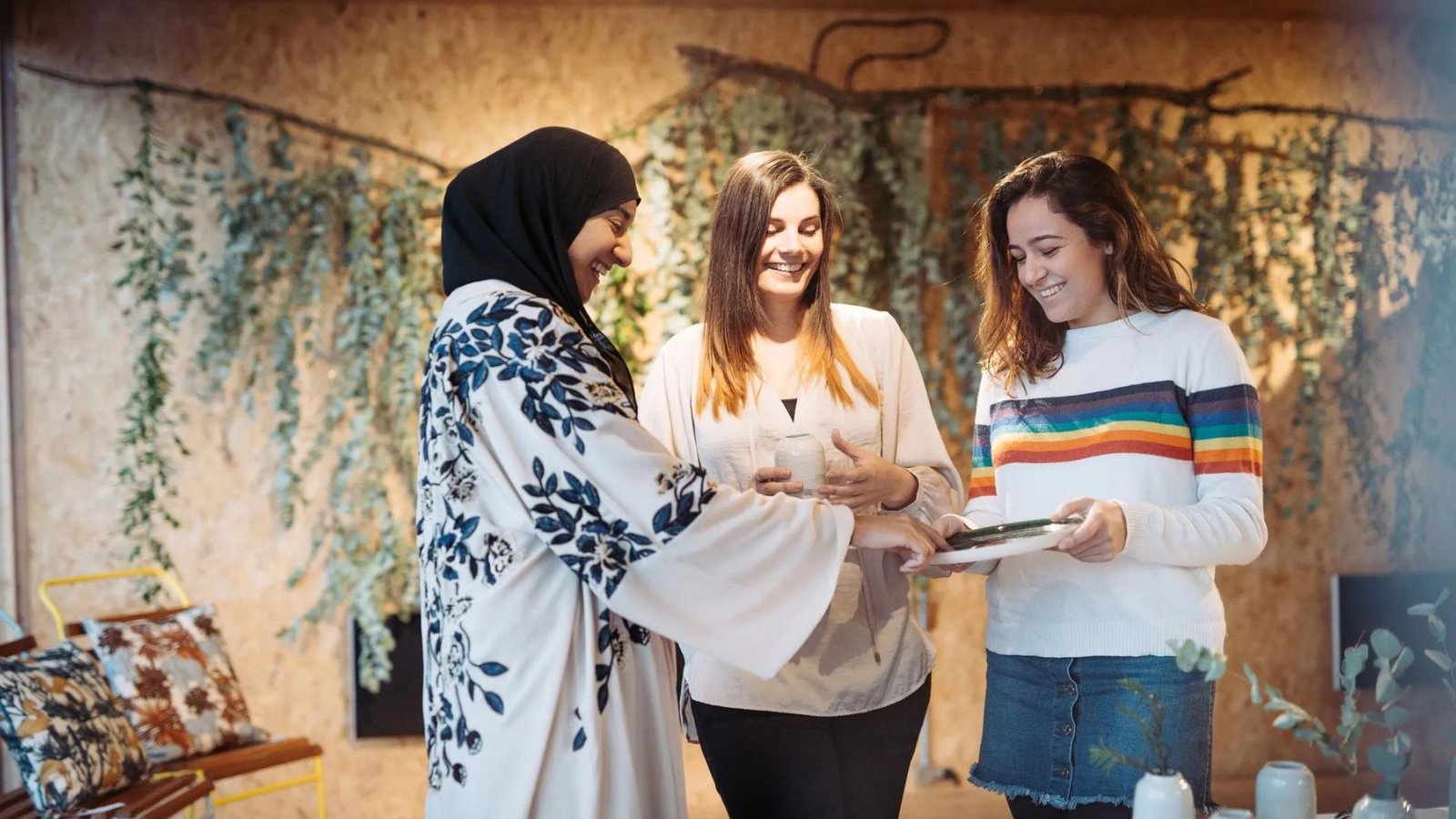Effective communication is the foundation of strong, lasting relationships. Whether in personal or professional settings, clear and open dialogue fosters understanding, trust, and respect. Here’s how you can build stronger relationships through effective communication:

Listen Actively
Active listening shows that you value the other person’s thoughts and feelings. To listen actively:
- Focus Fully: Give your complete attention to the speaker. Avoid distractions like your phone or computer.
- Show Engagement: Use body language, such as nodding and maintaining eye contact, to show you are engaged.
- Reflect and Clarify: Repeat back what you’ve heard or ask clarifying questions to ensure you understand correctly.
Be Clear and Concise
Clear communication prevents misunderstandings and ensures that your message is understood. To be clear and concise:
- Use Simple Language: Avoid jargon or complex words that may confuse the listener.
- Be Direct: Get to the point of your message without unnecessary elaboration.
- Provide Examples: Use examples or analogies to clarify your points.
Show Empathy
Empathy helps build strong connections by validating the other person’s feelings and perspectives. To show empathy:
- Acknowledge Feelings: Recognize and validate the emotions of others, even if you don’t fully agree with them.
- Be Supportive: Offer support and understanding, showing that you care about their well-being.
- Respond Thoughtfully: Tailor your responses to the feelings and needs of the other person.
Maintain Open and Honest Dialogue
Open and honest communication fosters trust and transparency. To maintain this:
- Be Honest: Share your thoughts and feelings truthfully, but tactfully.
- Encourage Openness: Create a safe space where the other person feels comfortable sharing their thoughts.
- Address Issues Promptly: Don’t let issues fester; address them early to avoid miscommunication or resentment.
Respect Differences
Respecting differences helps in navigating diverse perspectives and opinions. To respect differences:
- Value Diversity: Appreciate and acknowledge different viewpoints and experiences.
- Avoid Judgement: Listen to different opinions without forming judgments or assumptions.
- Find Common Ground: Focus on shared values or goals to build mutual understanding.
Give and Receive Feedback Constructively
Constructive feedback helps in personal and professional growth. To give and receive feedback:
- Be Specific: Provide clear, actionable feedback rather than vague comments.
- Be Positive: Frame feedback in a positive, supportive manner.
- Accept Feedback Gracefully: Listen to feedback without becoming defensive and use it as an opportunity for growth.
Practice Patience and Understanding
Patience and understanding are key to resolving conflicts and building strong relationships. To practice these:
- Take Your Time: Avoid rushing conversations or decisions. Take the time to fully understand the situation.
- Stay Calm: Maintain composure, especially during disagreements or challenging discussions.
- Seek Solutions: Focus on finding solutions that work for both parties rather than winning the argument.
Tips for Effective Communication in Relationships
- Schedule Regular Check-Ins: Make time to talk and connect regularly, ensuring ongoing communication.
- Use “I” Statements: Express your feelings and thoughts using “I” statements to avoid sounding accusatory.
- Be Mindful of Nonverbal Cues: Pay attention to body language, tone of voice, and facial expressions, which can convey a lot of information.
- Practice Active Listening Techniques: Summarize what the other person has said to confirm understanding and show that you are listening.
By integrating these communication strategies, you can strengthen your relationships, build trust, and foster a deeper connection with others. Effective communication is not just about exchanging information—it’s about creating meaningful, supportive, and respectful interactions.




